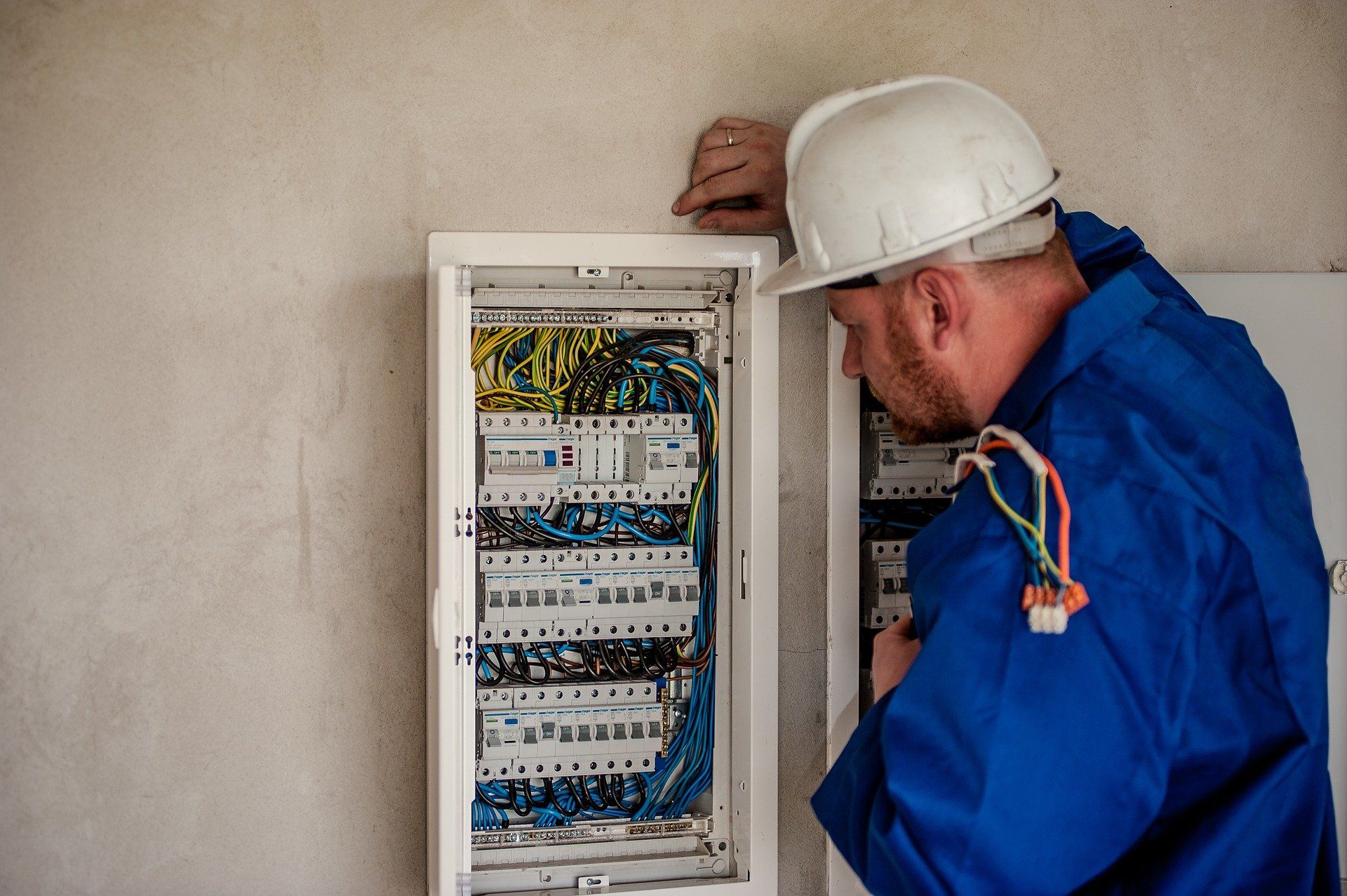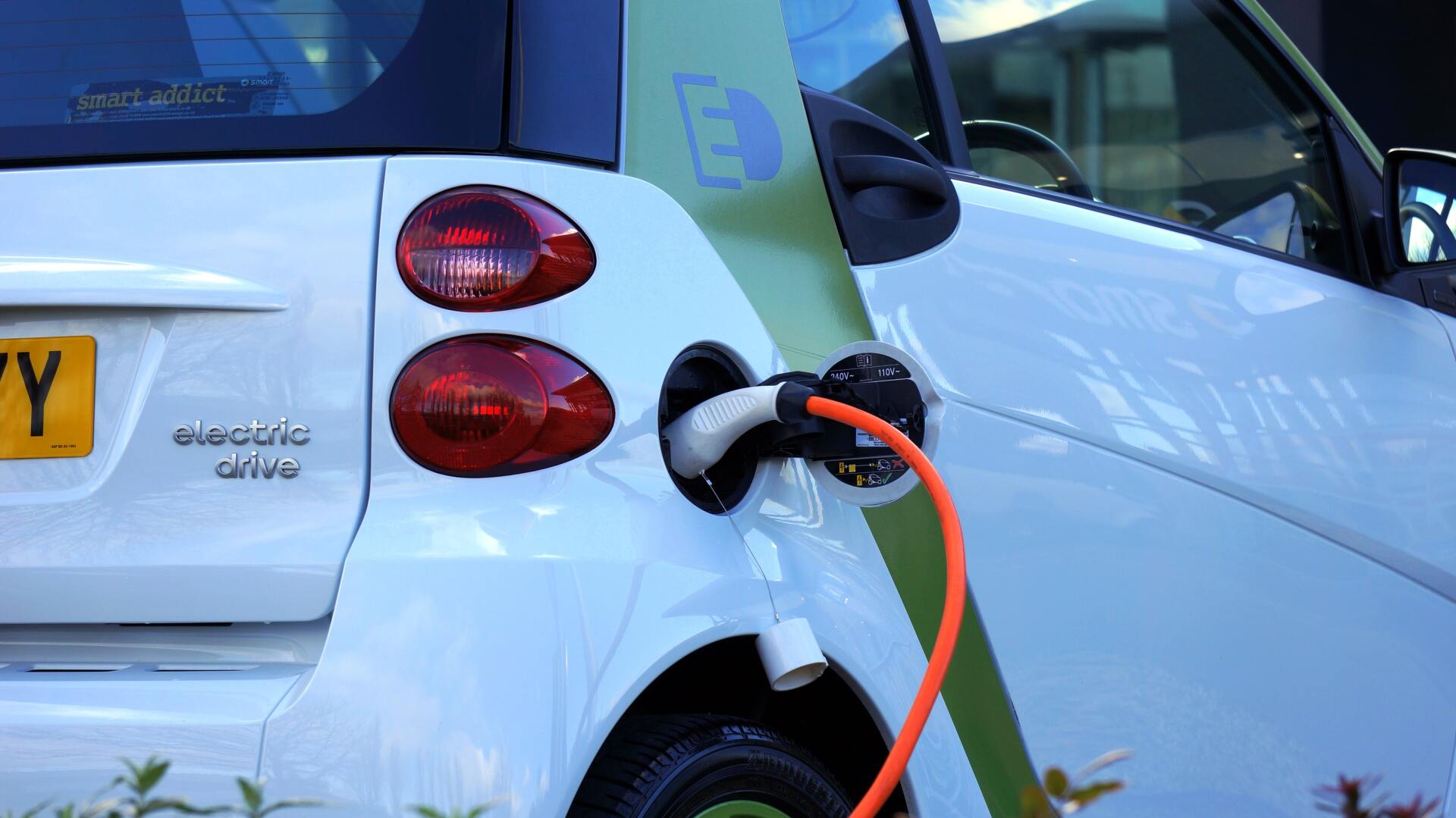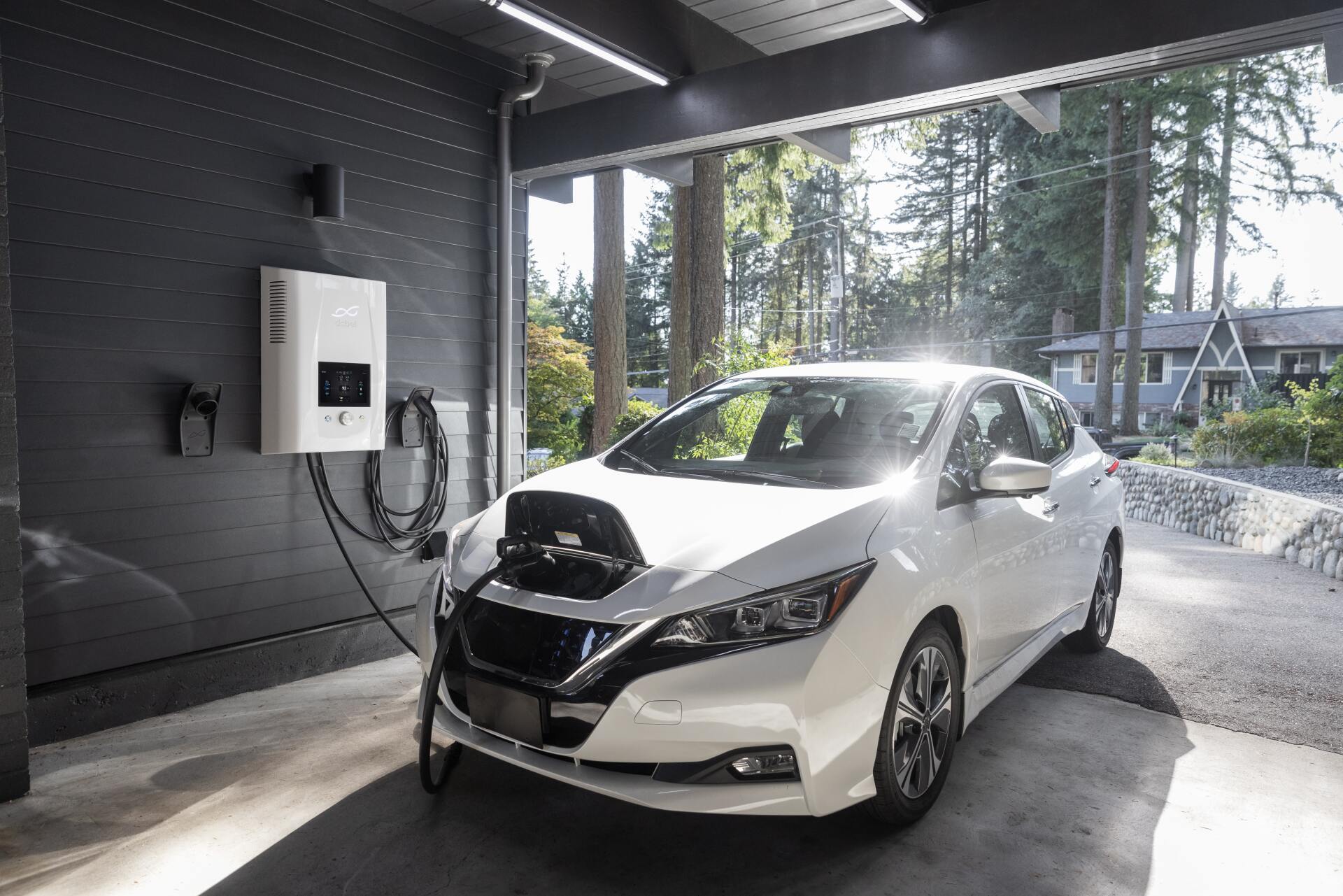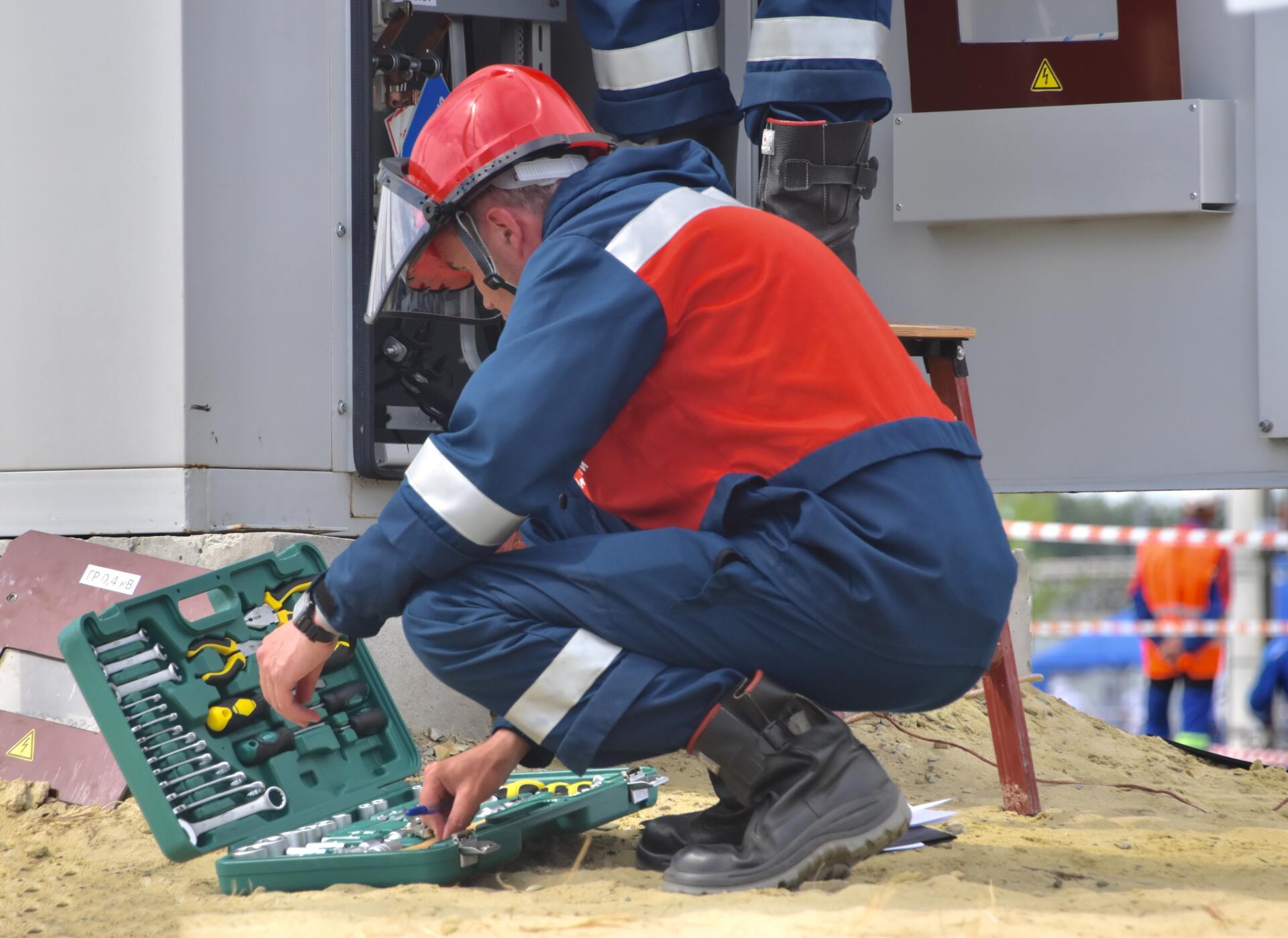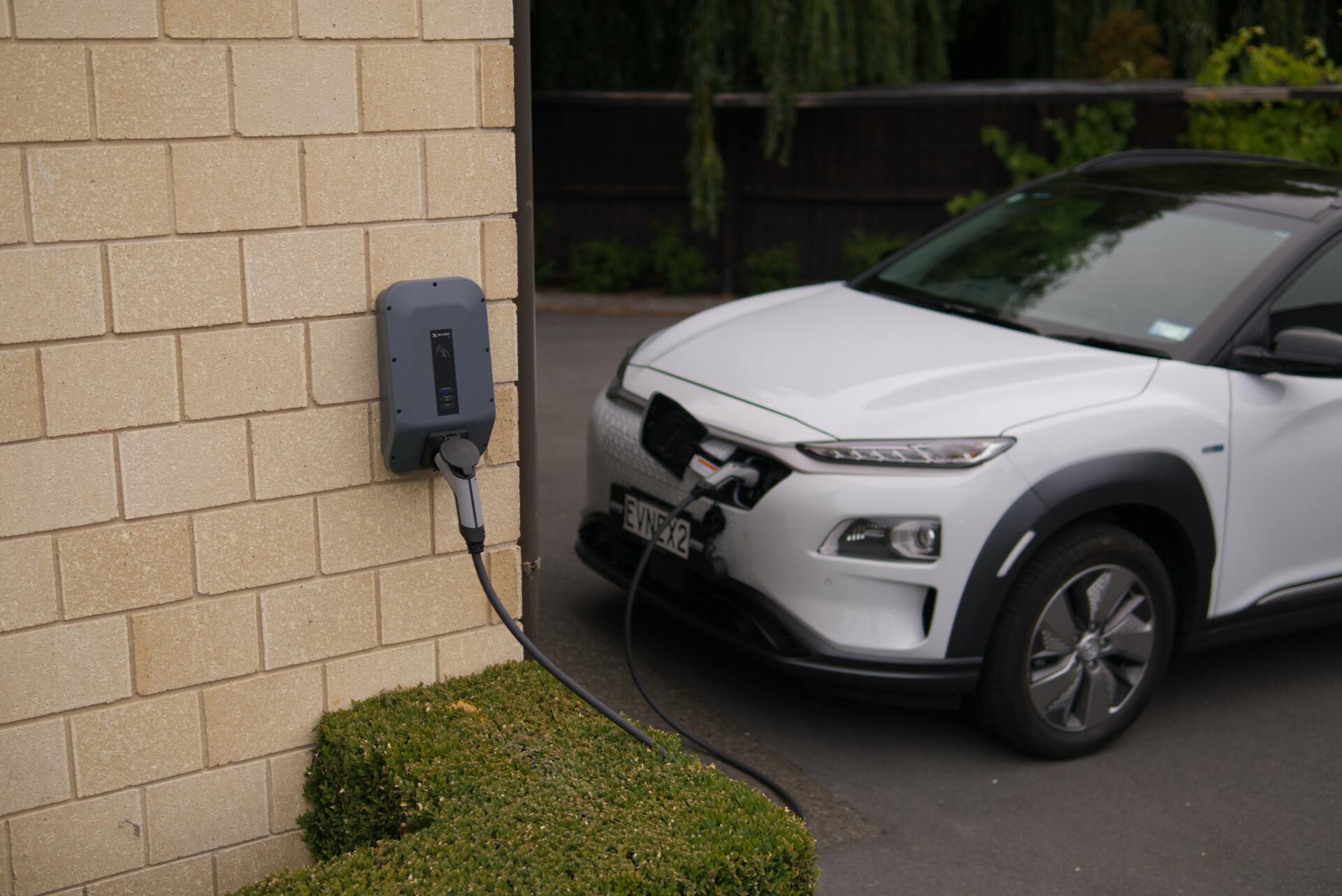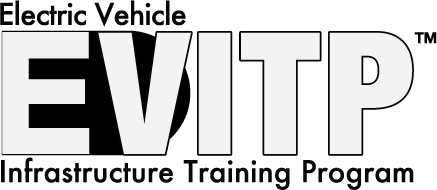Articles

Flickering lights inside your home may be a sign that it's time to call a residential electrician. The problem could be a warning sign of a significant electrical problem, or it could be something small that is easy to repair. Either way, if a simple lightbulb replacement doesn't solve the problem, don't attempt to make repairs yourself. Without proper training as an electrician, making electrical repairs yourself can be dangerous.


